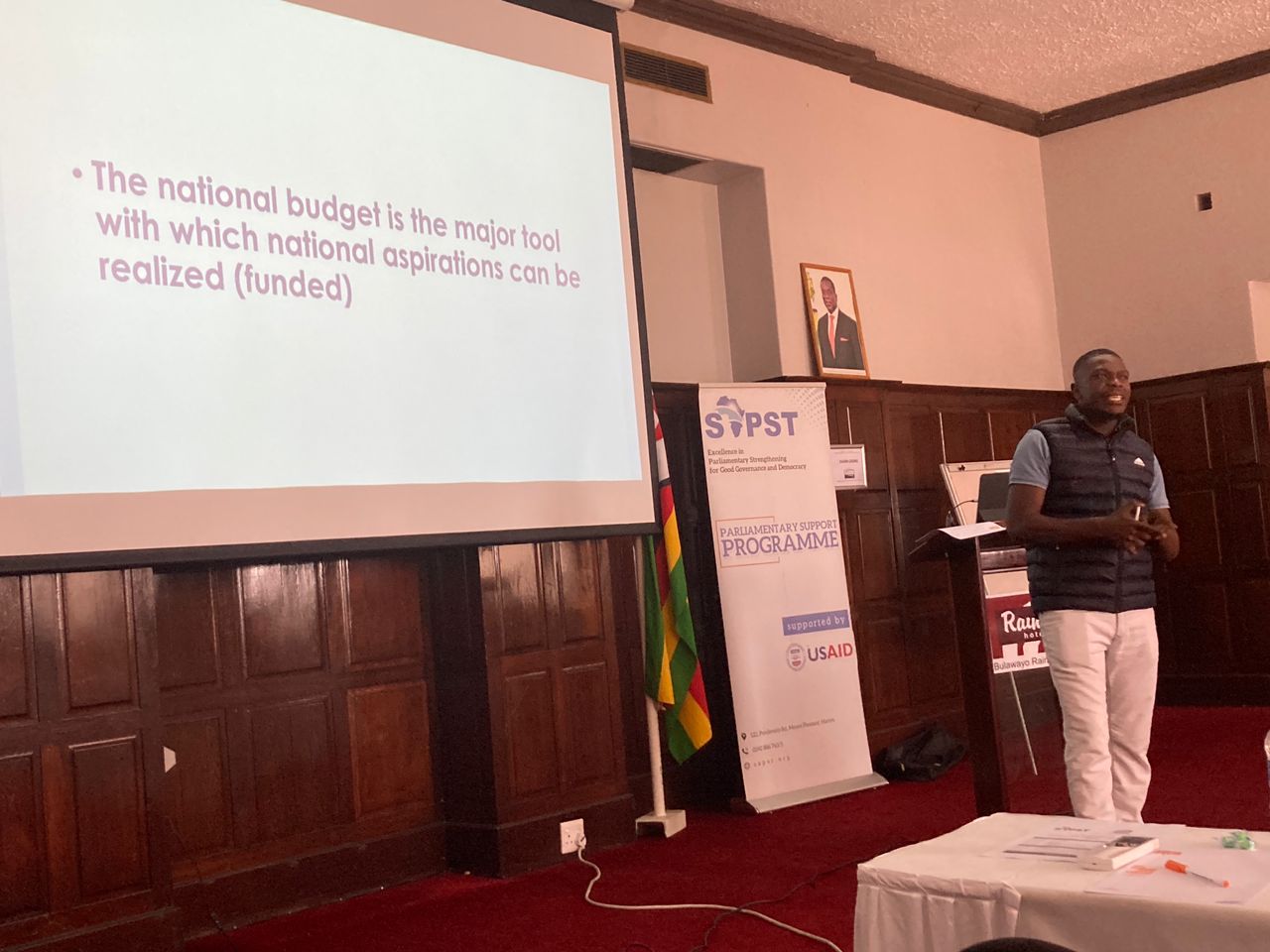The 2024 national budget’s limited allocation to Zimbabwe’s health sector has sparked outrage among Bulawayo residents, who argue that the 9.2% share — approximately $6.3 trillion — is woefully inadequate to meet the nation’s healthcare needs.
Falling significantly below the 15% target set by the Abuja Declaration, this funding shortfall threatens further to strain the country’s already overburdened public health system, leaving vulnerable communities increasingly at risk.
These concerns were voiced during a pre-budget consultative meeting held on Tuesday in Bulawayo, organised by the Zimbabwe Coalition on Debt and Development (ZIMCODD) and the Southern African Parliamentary Support Trust (SAPST).
Participants expressed frustration over the health sector’s deteriorating services, attributing the decline to chronic underfunding.
Discent Bajila, Member of Parliament for Emakhandeni-Luveve Constituency, stressed that the Ministry of Health and Child Care requires at least US$17 million monthly to ensure adequate medication in public health institutions.
“The Ministry needs at least US$17 million a month just to stock essential medication,” Bajila said. “When people visit healthcare facilities, they seek relief from pain. If they leave without receiving the necessary medicine, then we, as the government, have failed them. This is something that must be considered during these consultation meetings.”
Another participant highlighted the need for more drug rehabilitation centres, noting the growing toll of substance abuse among young people.
“We need additional rehabilitation centres, especially as drug abuse disproportionately affects young people. Here in Matabeleland, we only have Ingutsheni Hospital, which has become severely overcrowded, with reports of violence among patients,” the participant said.
Concerns were also raised regarding the shortage of sanitary products for adolescent girls, with participants citing “period poverty” as a pressing issue.
“There is a significant shortage of sanitary pads for adolescent girls, despite provisions that should be in place. These products are not reaching those in need, particularly in rural and urban communities. Most of those who receive assistance are helped by NGOs and individuals,” one participant noted.
In a separate interview, economist and consultant Dr Michael Pasara said it is important for citizens to be involved in the national budget process, particularly concerning issues like healthcare, climate change, and water access.
“We’re encouraging citizens to participate in upcoming national budget consultations led by Parliament. The priorities raised by people today included health infrastructure, climate resilience, and water access,” Dr Pasara said.
He also underscored the importance of citizen engagement in the government’s Vision 2030 plan, which seeks to build an inclusive, upper-middle-income economy.
“Vision 2030 aims for an inclusive economy, and part of that inclusivity requires synchronising the priorities of citizens with those of the executive,” Pasara added.

